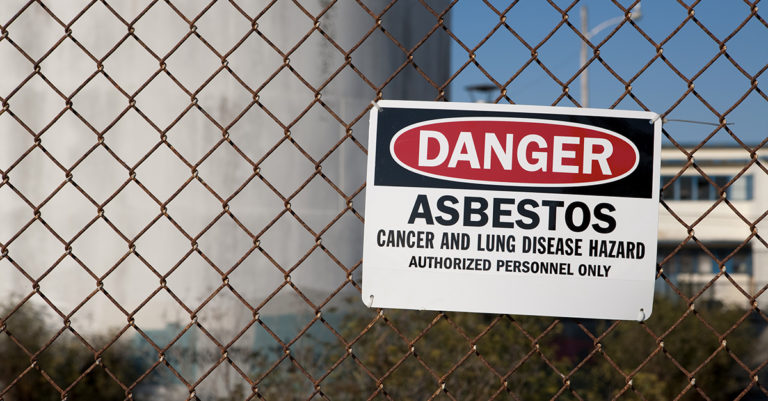Almost 15 percent of adult Hispanic women have experienced rape in their lifetimes, according to the Centers for Disease Control and Prevention (CDC). At the current growth rate of the female Hispanic population in the United States, the number of those subject to potential sexual violence is expected to reach 10.8 million by 2050.
For various reasons, many Hispanic sexual abuse survivors go unidentified. This might be because of perceived obligations in marital situations, cultural reasons or because they are dependent on those who abuse them. However, it’s now clear that there is another factor fueling reluctance to press charges: Fear of deportation.
Is Deportation Worse Than Abuse?
Since January, law enforcement agencies in the United States have seen a dramatic drop in reports of sexual or domestic abuse among immigrants. Here are just a few areas experiencing this trend:
- In Los Angeles, California, reports of domestic violence and sexual abuse have declined by 10 percent and 25 percent, respectively.
- Houston, Texas has seen a 40 percent decrease in the number of Hispanics reporting rapes from last year – which, says the Houston Police Department, “looks like the beginnings of people not reporting crime.”
- Laura’s House, a domestic violence shelter in Orange County, CA, usually receives more than 70 new cases each month. Nearly half of these concern undocumented immigrants. This number has dropped to less than one per week.
- Stop Abuse for Everyone, a Texas-based nonprofit that supports abuse survivors, has received an uptick in hotline calls by women insisting they do not want to pursue law enforcement or sexual abuse lawsuits.
- Another hotline, run by the district attorney’s Office of Immigrant Affairs on Long Island, New York, expects an average of 10 calls a week. Since December, it has received zero.
Why Such a Sudden Downturn?
Under the Obama administration, undocumented victims of crime were not the priority for deportation. On the contrary, law enforcement officials were urged to anticipate how the threat of deportation might affect people’s willingness to pursue justice.
This changed following the presidential election, when President Donald Trump signed an executive order prioritizing the deportation of undocumented individuals. By the end of his first two months in office, immigration arrests increased by almost 33 percent.
One case in February concerned a woman in El Paso, whom Immigration and Customs Enforcement agents aggressively arrested in a courthouse shortly after she filed a protective order against her ex-partner. This, according to the United States Commission on Civil Rights, is probably what sent a shockwave of fear throughout the country.
On top of that, threats from abusers have compounded the silence. “When he came after me, he’d say that I would get sent back to Mexico and never see my kids again,” said one California woman, who came across the border to live in Orange County at age eight. “I believed him for a long time.”
This Silence Is Dangerous
Laura’s House isn’t the only organization in Orange County to notice a difference. Throughout the county, home to 1 million immigrants, the pattern is similar: Special Victims Units have received about half the number of sexual abuse and domestic violence reports than last year.
Of course, women’s determination to keep quiet about these crimes is counter to what anti-sexual activists try to encourage. “It’s really the opposite of what anyone should want,” said Wanda Lucibello, formerly a prosecutor in Brooklyn. “All of this strengthens the abusive partner.”
If fear of deportation continues to have these consequences, there will be nothing to stop the 2050 sexual abuse projections from materializing. Without the appropriate legal intervention – and without reassurance that the police can be trusted to protect the community – sexual abuse among immigrants will be about as controllable as a runaway train.
“We’ve always told our clients that even if you are undocumented, you don’t need to worry about it – the officers are going to protect you,” said Kate Marr, executive director of the Legal Aid Society of Orange County, who remarked she hadn’t seen this level of fear in her almost two decades of experience. “Everything we’ve ever told [them] is out the window. It’s so demoralizing and so frightening to imagine what happens if it continues.”




